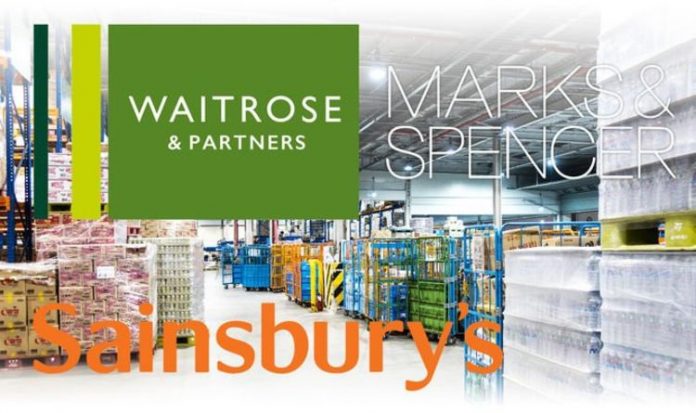International Development Secretary Anne-Marie Trevelyan ordered the initiative following concerns that factories and farms producing food and other exports for UK consumers have been forced to close as the virus sweeps through developing countries. Marks & Spencer, Sainsbury’s, Tesco, Morrisons, Co-op and Waitrose are among firms signed up to the scheme aiming to support workers overseas to keep the supply chains running.
The move is part of Boris Johnson’s drive to switch Britain’s multi-billion aid spending towards projects that benefit the national interest.
Announcing the fund, Mrs Trevelyan said: “We want to ensure people in Britain can continue to buy affordable, high-quality goods from around the world.
“This new fund will strengthen vital supply chains for UK consumers, while supporting some of the most vulnerable workers in developing countries. It will make a real difference to people in the UK and abroad.”
Figures from the Department of International Development show around 20 percent of food and drink consumed in the UK is imported from developing countries.
Officials say the fund will support programmes to improve coronavirus preparedness in workplaces, help farmers diversify the crops they produce to meet demand, and provide support so farms and factories can put processes in place to keep production going and make sure help is getting to the most vulnerable workers.
Entitled the Vulnerable Supply Chains Facility, the fund will help to ensure the steady supply of products including vegetables, coffee and clothes to the UK high street.
READ MORE: Stay away! SNP voters demand English be BANNED from crossing border
It will help UK stores work with aid organisations such as Care UK, the Fairtrade Foundation and the Ethical Trading Initiative to improve working conditions and support greater access to healthcare and health information for workers in some of the world’s poorest countries.
Ministers believe the initiative will help make workplaces safer, meaning employees can return to work and supply chains can keep moving and become more resilient.
The fund, made up of £4.85million from British taxpayers and £2 million from businesses, will focus primarily on supply chains and workers in Burma, Bangladesh, Kenya, Uganda, Ethiopia, Tanzania, Rwanda and Ghana.
These countries provide huge proportions of the world’s food, flowers and clothes.
Officials estimate more than 200,000 workers in agriculture and nearly 120,000 garment workers will benefit from the fund.
Judith Batchelar, the director of Sainsbury’s Brand, said: “We are proud to support DFID’s Vulnerable Supply Chains Facility along with the Ethical Trading Initiative, dedicated to improving occupational safety and health standards for many of our suppliers in East Africa.
“As a responsible retailer, this work further demonstrates our commitment to trading ethically and making a positive difference to the communities we source from.”
Fiona Sadler, the head of ethical trading for M&S, said: “At M&S we have a robust approach to ethical fashion – we know we’re only as strong as the communities where we operate and we’re committed to helping improve the lives of workers in our supply chain through collaborative initiatives.”







